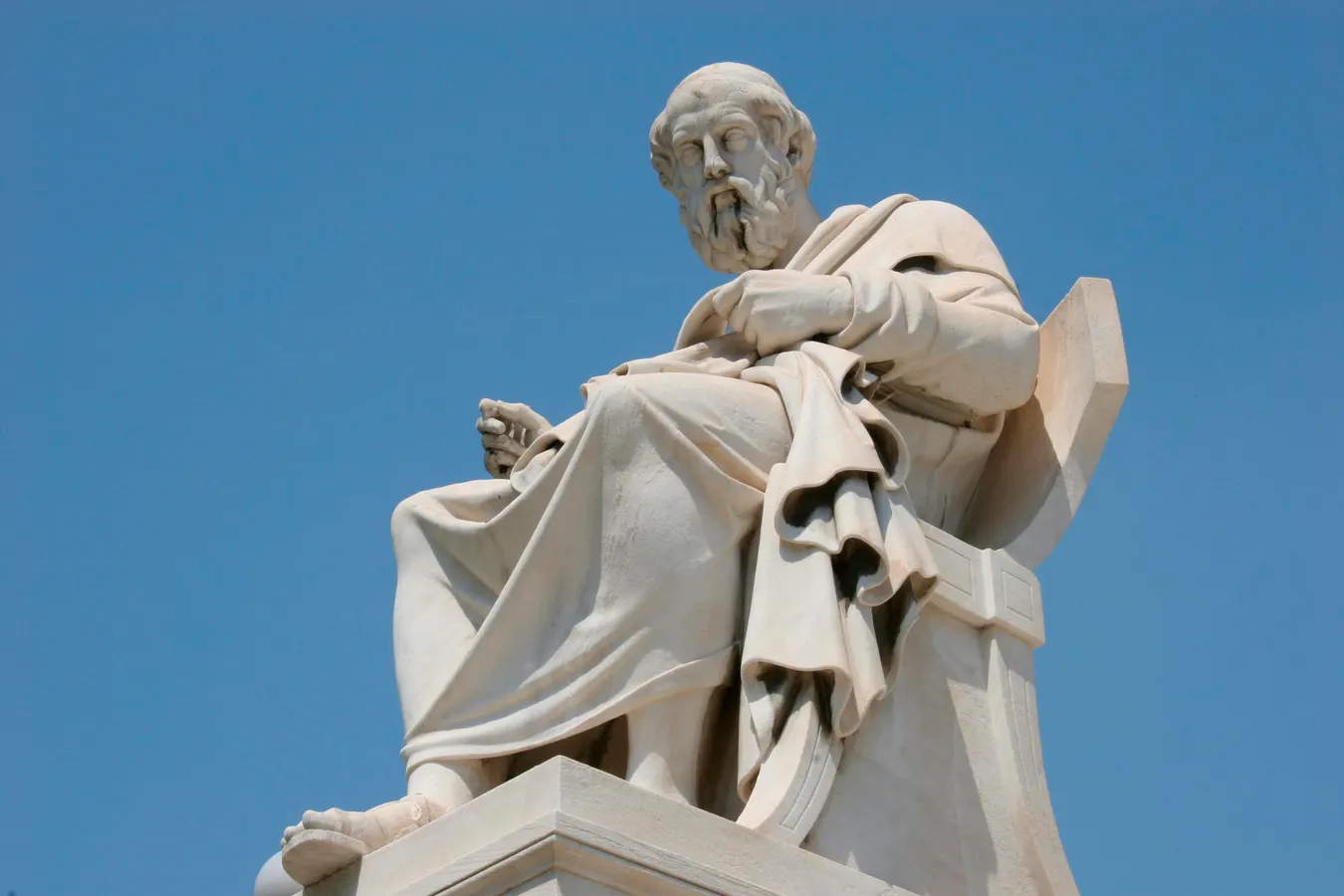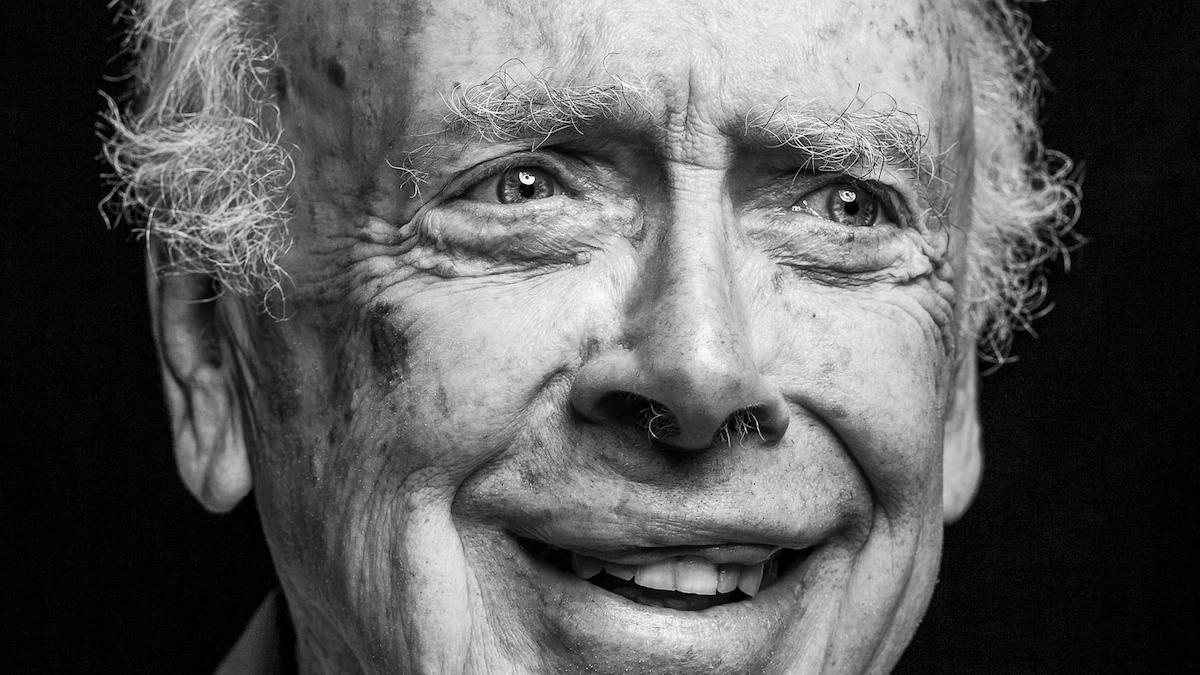Copyright Forbes

At TEDAI Vienna 2025, Microsoft’s Advait Sarkar ended his TED Talk by asking what you would rather have: a tool that thinks for you, or a tool that makes you think? Sitting in the audience, I was struck by how much the idea that AI can and should amplify your thinking resonates with people. But as a philosopher, I’m haunted by the tricky questions that come with Sarkar’s seemingly simple one: Questions about why, when, and how humans think – and how these questions cannot be answered using scientific theories and techniques and are therefore often ignored by scientists and technologists. Before we get too carried away by Microsoft’s and other big tech companies’ promises of ‘Tools for Thought’, we need to understand the nature of the thinking that these tools are meant to ‘amplify’, ‘enhance’, and ‘augment’, starting with: 1. Why Do Humans Think? The first sentence in Aristotle’s Metaphysics reads: “All men by nature desire to know.” And that’s actually all we need to know to understand why humans think: We need to know that there is a gap between what we know and what we would like to know. That we think because we know that there is something we don't know – yet. And that this state of knowing that we don't know is natural and applies to all of us. This may sound overly abstract, but it is not. Humans think because we have a concrete experience that there is something important that we don’t know what is. Something that we are willing to invest our time and energy in finding out. And which we cannot achieve unless we acknowledge and accept our state of not knowing. 2. When Do Humans Think? “No matter what Aristotle said, man is a lazy creature who only thinks when he cannot solve his problems by any other means.” These are the words of the French philosopher of science, Alexandre Koyré. Living in the 20th century, Koyré had access to 2,400 years of experience studying human thought that Aristotle didn’t have. And he used this experience to conclude that while humans have a natural desire to know, we also have other desires. Desires that don't require the same time and energy as thinking, and which we therefore resort to whenever we can get away with it. MORE FOR YOU The consequence of this insight is related to what I addressed in a previous Forbes article on critical thinking. Here I quoted the German philosopher Martin Heidegger, who in his 1952 lecture, "What Calls for Thinking?", stated that "science does not think". What he meant was that we have been so busy developing scientific theories, techniques and tools that we have forgotten that thinking arises from a lack of means, not from an abundance of means to make everything easier. Following a method or manual on how to do something is the opposite of thinking, which is why Heidegger concluded that “prevailing man has for centuries acted too much and thought too little.” Drawing on Heidegger and Koyré, the answer to when humans think is not when we know how to solve our problems quickly and easily. It is when we recognize and come to terms with the fact that the problem we are facing does not have a quick and easy solution – and we therefore have no choice but to think for ourselves. 3. How do humans think? Claiming that science does not think seems provocative. And it is not the whole truth either. Heidegger himself elaborated by saying that "nonetheles science always and in its own fashion has to do with thinking.” And great scientists like Albert Einstein were known to emphasize the thinking aspect of science as much as the science itself. In a quote attributed to the ever-quoted physicist, Einstein said: “If I had an hour to solve a problem and my life depended on the solution, I would spend the first 55 minutes determining the proper question to ask, for once I know the proper question, I could solve the problem in less than five minutes.” Einstein’s answer to how humans think is simple: By asking, and continuing to ask, questions. This is as true for the great scientists as it is for the great philosophers: that the way they deal with not knowing, the way they bridge the gap between what they know and what they would like to know, is by spending their time and energy on identifying “the proper question to ask”. Because the proper question isn’t obvious. And because spending your time and energy on improper questions is a waste of life. While the best scientists know this (see for example Stuart Firestein’s brilliant book, Ignorance. How It Drives Science), it’s easy for the rest of us to forget that our lives literally depends on the questions we ask and don’t ask. Like Einstein, we can spend the majority of our time determining and dealing with what matters most. Or we can leave our questions and thinking to others, joining "the prevailing man" who for centuries has acted too much and thought too little, i.e. created more problems than he has solved. What Does It Take To Amplify Your Thinking? In light of Aristotle, Koyré, Heidegger, and Einstein, the answer to what it takes to amplify your thinking is time and space to: Sit with the unknown long enough to Recognize that you lack the means to solve your problems, and therefore Start asking the questions that enable you to focus on what matters most. By offering highlights, dilemmas, and questions for reflection, Microsoft’s and other AI powered ‘tools for thought’ are doing the opposite of giving you time and space to think. Instead of making room for you to sit with the unknown, come to terms with your lack of means, and determine the proper questions to ask, they overwhelm you with the means to be productive, efficient, and innovative, giving you the impression that you have everything you need to not have to think.



